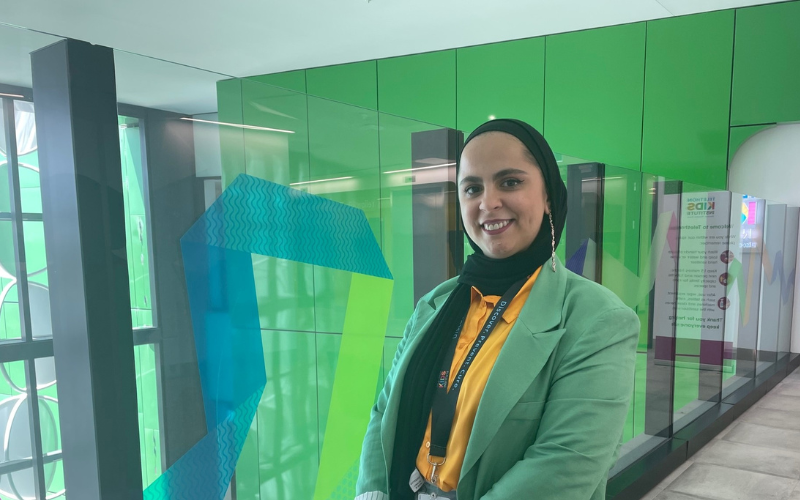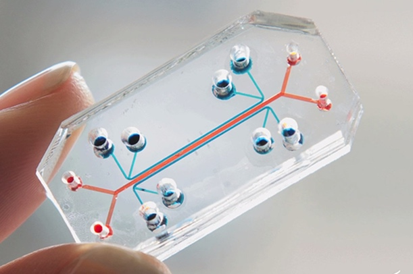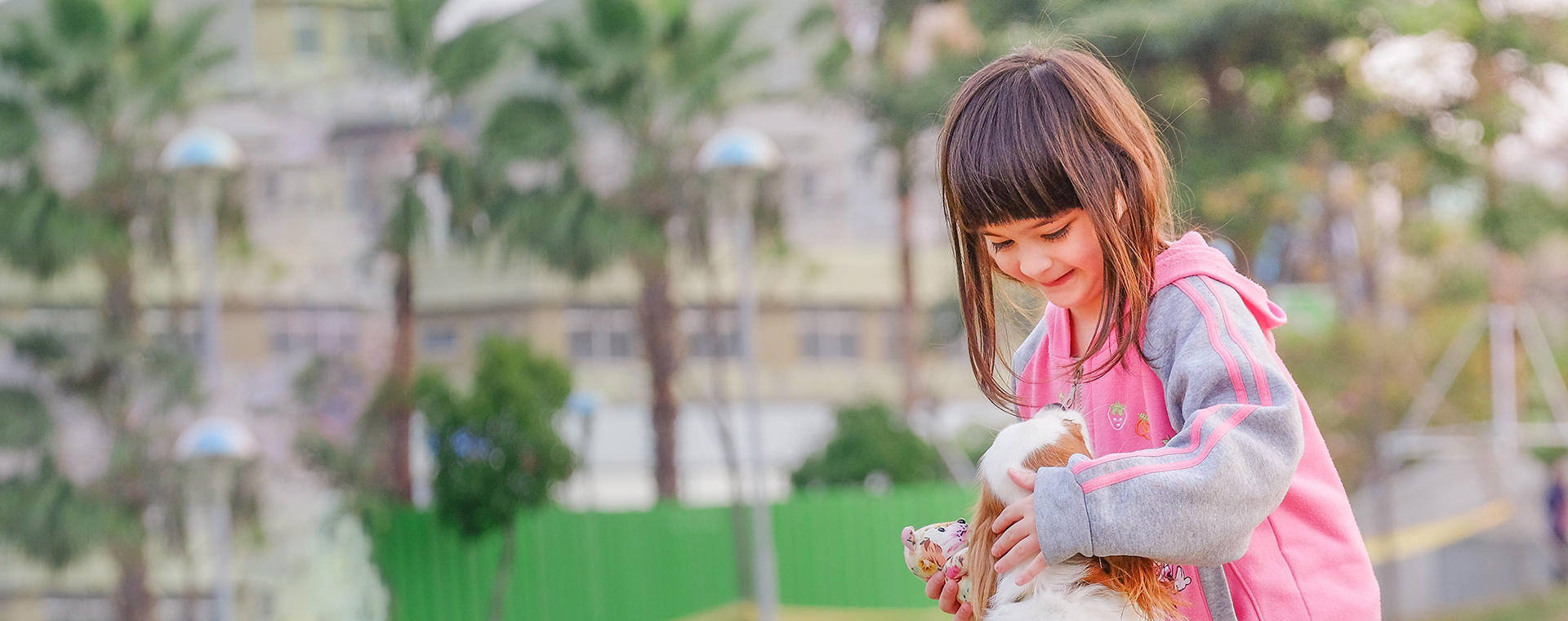Search

News & Events
Wal-yan Centre welcomes new PhD scholarship awardeeThe Wal-yan Respiratory Research Centre this month welcomed new PhD scholarship awardee Yaqin Alziyadat, whose exciting research work will support the Centre’s vision to ensure all children have healthy lungs for life.

On average, a person can expect to take more than 700 million breaths in their lifetime.

News & Events
Our popular workshops are back these school holidaysOur popular workshops for kids are back these school holidays and we have a jam-packed program full of fun and engaging science activities!

Respiratory disease is a global issue and international networks are critical to informing best-practice approaches to the clinical care and management of childhood respiratory health.

Cystic fibrosis (CF) is the most common life‐shortening genetic disease affecting children.

The agenda of sessions for day two
The Sore Throat Study is looking for healthy children and young people to take part in a new study investigating sore throats, also known as pharyngitis, and how best to prevent them.
Research
Play Active Program – physical activity policy and training for Early Childhood Education and CarePlay Active is a nationally scalable, low-cost program focused on boosting bursts of energetic play throughout the day.

With rising levels of physical and mental health issues, ensuring children establish good physical activity behaviours early in life is more important than ever.

At The Kids Research Institute Australia, we've been thinking of the kids for 35 years. We are finding the answers to some of the biggest problems facing the health and wellbeing of children and families. Our Research Themes host defined programs of work where the Institute has clear strengths and capacity. Our overarching commitment to First Nations Health and Equity is embedded across all our work and features as a core consideration in each Research Theme. The Institute is committed to ending the disparity in health and wellbeing outcomes between Aboriginal and non-Aboriginal kids and families.
